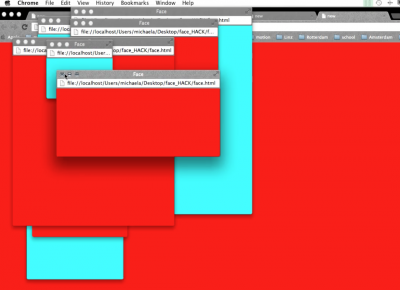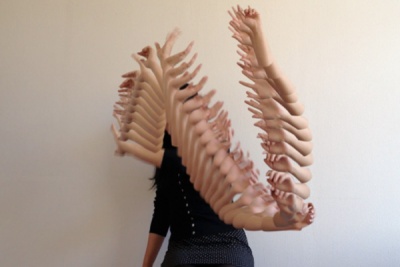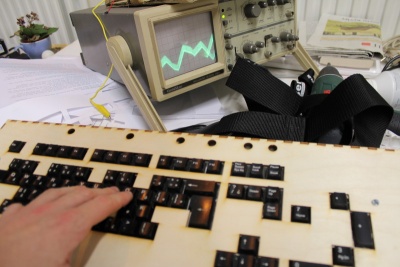About: Difference between revisions
No edit summary |
No edit summary |
||
| Line 16: | Line 16: | ||
[[File:Klangboard.JPG | 400px | right ]] | [[File:Klangboard.JPG | 400px | right ]] | ||
<br> | |||
All these elements provide tools to differentiate your work in an increasingly complex and competitive field. | All these elements provide tools to differentiate your work in an increasingly complex and competitive field. | ||
<br><br> | <br><br> | ||
Revision as of 09:51, 26 April 2013
MASTER MEDIA DESIGN AND COMMUNICATION
Our programme allows you to move flexibly and fluently across the rapidly expanding field of hybrid media practices: from software art, e-publishing, to a variety of lens-based practices for both new and traditional platforms. All elements of the course support your independent projects, providing skills that facilitate self-directed research.
The central elements of the course are:
- Free and open source software development
- Participatory media practices
- Film & video editing skills
- Practice-based thematic projects that focus on a particular aspect of the contemporary media ecology
- Research methodologies which helps you position your own work within the current context
- Archiving, recording and presenting your work.
All these elements provide tools to differentiate your work in an increasingly complex and competitive field.
Students of the Media Design & Communication programme come from a wide variety of backgrounds, experiences and cultures, and their work encompasses a range of approaches to creating an individual media language: developing skills to create ambitious individual and group projects.
Within this context the Master programme provides opportunities for specialization in: Networked Media and Lens Based Media



